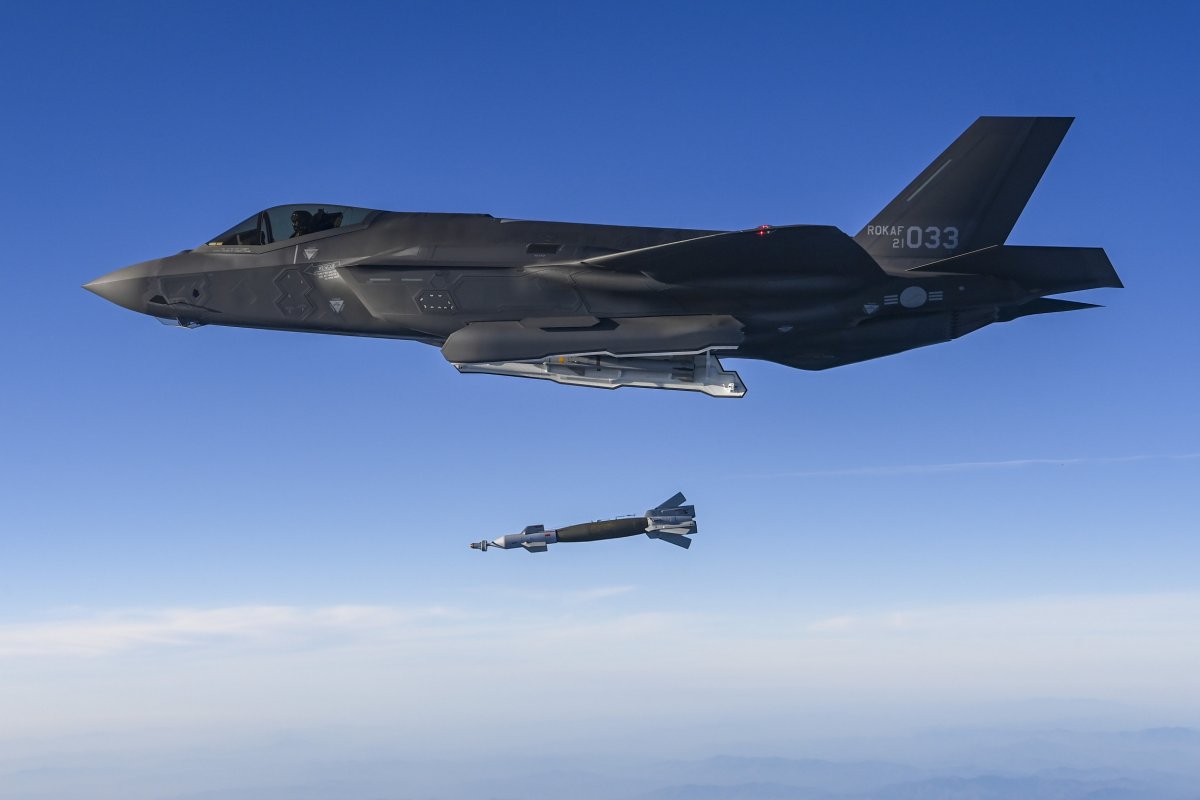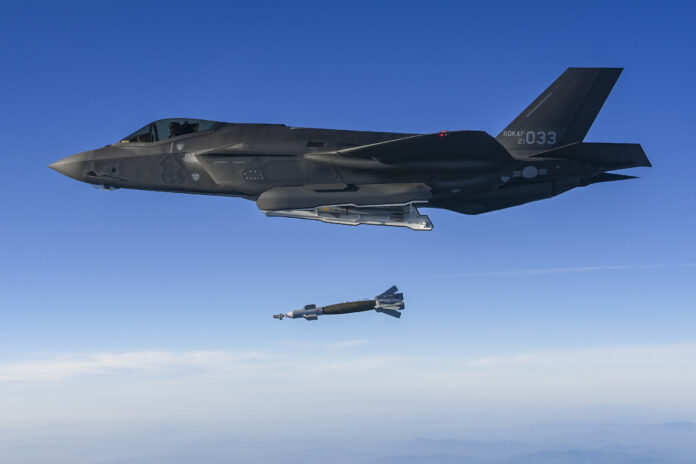In a significant escalation of tensions on the Korean Peninsula, North Korea announced on Thursday its decision to abandon a key military agreement with South Korea that was originally intended to reduce hostilities between them.
Pyongyang’s move comes in response to South Korea’s partial suspension of the 2018 accord and the resumption of surveillance flights over the demilitarized zone, a 2.5 mile-wide buffer that has separated the two nations since the Cold War.
The South Korean action was itself a reaction to the North’s announcement on Tuesday that it had put its first spy satellite into orbit—a launch overseen by Supreme Leader Kim Jung Un. Seoul and regional governments including Washington and Tokyo are yet to publicly confirm that Pyongyang’s space reconnaissance asset is fully functional.
Additionally, South Korean officials said Kim’s regime attempted unsuccessfully to launch a ballistic missile into the East Sea, or the Sea of Japan.
Despite the end of active hostilities with a truce on July 27, 1953, the Korean Peninsula remains technically at war, as no peace treaty was ever formalized. The latest development was illustrative of the fragile security situation in the region, whose outcome could have global consequences.
North Korea, despite international sanctions, continues to advance its nuclear weapons program and refine its launch systems. South Korea maintains a mutual defense treaty with the United States and hosts a significant American military presence.
Ed Jones/AFP via Getty Images
The North Korean Defense Ministry, in a statement criticizing the South’s reaction to its new satellite, defended its “legitimate and just” act of self-defense. Accusing Seoul of undermining mutual trust, the ministry made three declarations:
- The North Korean army is no longer bound by the September 19, 2018, North-South military agreement.
- It will abandon the confidence-building measures outlined in the agreement, including the deployment of “more powerful armed forces and new-type military hardware” along the military demarcation line.
- South Korea will bear sole responsibility for any “irretrievable clash” that may arise between the two sides.
“The most dangerous situation in the area of the military demarcation line, where the world’s most acute military confrontation lingers and any slight accidental factor may aggravate an armed conflict to an all-out war, has become irreversibly uncontrollable, due to the serious mistake made by the political and military gangsters of the [Republic of Korea],” the ministry said.
South Korea reacted swiftly to North Korea’s abandonment of the accord. Its Defense Minister Shin Won-sik warned of “immediate and resolute finishing punishment” should North Korea use this development as a pretext for provocation, according to an NK News translation of comments carried by the Yonhap News Agency in the South.
Neither the South Korean nor North Korean defense ministries responded to Newsweek‘s requests for comment before publication.

South Korean Defense Ministry via Getty Images
The White House on Tuesday condemned the satellite launch, labeling it a “brazen violation” of multiple U.N. Security Council resolutions. The dual-use technology used in the launch is viewed as cover for North Korea’s intercontinental ballistic missile program.
The U.S. has yet to confirm the successful placement of a satellite by North Korea, which has had a mixed record in launches since 1998.
Pyongyang has conducted 36 missile tests this year after a record 68 in 2022. Kim has ordered 214 launches since 2012, contributing to the nuclear-capable nation’s international isolation.
U.S. President Joe Biden stated in April that “a nuclear attack by North Korea against the United States or its allies or partners is unacceptable and will result in the end of whatever regime were to take such an action.”
This week’s escalations threatened to unravel the relative thaw seen in North-South relations over the past few years.
Uncommon Knowledge
Newsweek is committed to challenging conventional wisdom and finding connections in the search for common ground.
Newsweek is committed to challenging conventional wisdom and finding connections in the search for common ground.


